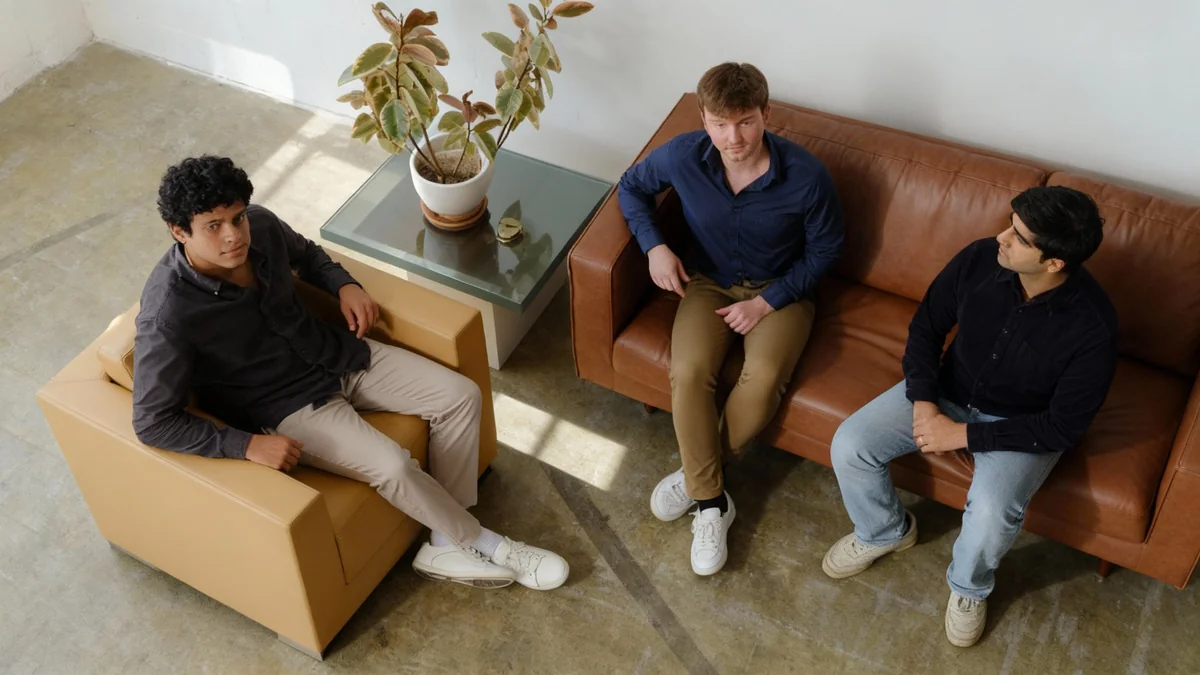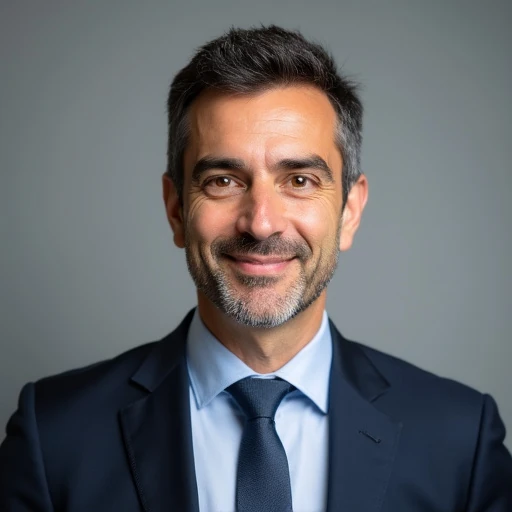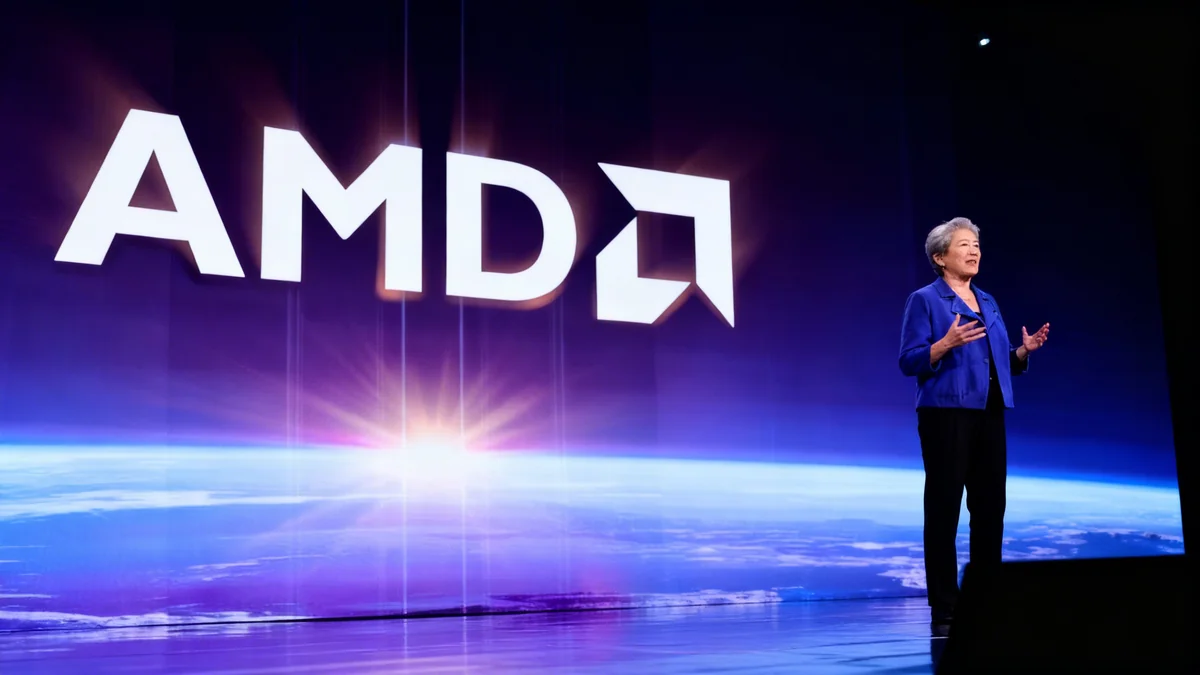A new funding round has valued the AI recruiting firm Mercor at $10 billion, making its three 22-year-old founders the youngest self-made billionaires in the world. The trio, who founded the company just two years ago, now hold a distinction previously held by tech pioneers nearly two decades their senior.
The San Francisco-based startup, which specializes in providing highly skilled contractors to train artificial intelligence models, secured $350 million in a recent investment round. This capital infusion has catapulted the personal fortunes of CEO Brendan Foody, CTO Adarsh Hiremath, and board chairman Surya Midha into billionaire status.
Key Takeaways
- AI recruiting startup Mercor has reached a $10 billion valuation after a new $350 million funding round.
- Founders Brendan Foody, Adarsh Hiremath, and Surya Midha are all 22 years old, making them the world's youngest self-made billionaires.
- They are younger than Mark Zuckerberg was when he first became a billionaire at age 23.
- Each founder holds an estimated 22% stake in the company, which has seen its revenue grow fivefold in six months.
A New Milestone in Tech Wealth
The latest valuation of Mercor officially makes its founders the youngest tech billionaires since Mark Zuckerberg achieved the milestone at age 23. The trio of former high school debate teammates from the Bay Area have surpassed recent titleholders, including 27-year-old Shayne Coplan of Polymarket and 28-year-old Alexandr Wang of Scale AI.
The $350 million funding round was led by Felicis Ventures and saw participation from established investment firms like Benchmark, General Catalyst, and Robinhood. This investment underscores the intense market interest in companies powering the infrastructure behind the current AI boom.
"It’s definitely crazy," CEO Brendan Foody said in a recent interview. "It feels very surreal. Obviously beyond our wildest imaginations, insofar as anything that we could have anticipated two years ago."
All three founders are Thiel Fellows, a program created by investor Peter Thiel that provides $100,000 grants to young entrepreneurs who agree to leave college to build their companies. Their success has made them prominent figures among a new wave of young AI entrepreneurs.
For CTO Adarsh Hiremath, the speed of their ascent is particularly striking. "The thing that's crazy for me is, if I weren't working on Mercor, I would have just graduated college a couple months ago," he noted. Hiremath attended Harvard for two years before dropping out to focus on the company.
From Freelance Platform to AI Powerhouse
Mercor was founded in 2023 with an initial focus on connecting software engineers in India with freelance opportunities at U.S. companies. The company developed a platform that used AI avatars to conduct initial interviews, streamlining the hiring process.
While building this system, the founders identified a more pressing need in the market: the demand for high-quality human feedback to train large language models. They pivoted their business to focus on data labeling, a critical process for refining AI systems. Mercor now connects highly specialized experts, such as lawyers and PhDs, with leading AI labs that require their domain knowledge to improve model accuracy and safety.
Explosive Revenue Growth
Mercor's financial trajectory highlights the demand for its services. The company announced it had reached a $500 million annualized revenue run rate in September, a significant increase from the $100 million figure reported just six months earlier in March.
This rapid growth has positioned Mercor as a key player in the competitive data labeling industry, which provides the essential human-in-the-loop services for AI development.
Navigating a Competitive and Contentious Market
Mercor's rise comes during a period of significant change within the AI data services industry. In a major market shift, Meta recently acquired a 49% stake in industry leader Scale AI for $14 billion. This move has created opportunities for smaller firms like Mercor, as some AI labs may be hesitant to partner with a vendor closely tied to a major competitor like Meta.
The competitive landscape remains intense, with several well-funded players vying for market share:
- Surge: An established company founded in 2016, reportedly in talks to raise funds at a $30 billion valuation.
- Turing AI: Valued at $2.2 billion, it raised $110 million in July.
- Invisible: A partner for OpenAI and Microsoft, last valued at $500 million in 2023.
Legal Challenges Emerge
The competition has also led to legal disputes. In September, Scale AI filed a lawsuit against Mercor, alleging the theft of trade secrets. The suit claims a former Scale executive shared over 100 confidential documents with Mercor after joining the company. When asked about the lawsuit, Foody stated, "It's not something we spend a lot of time thinking about."
Deep Roots in Silicon Valley
The founders' immersion in technology began long before Mercor. All three are the children of software engineers and grew up in the Bay Area, the epicenter of the tech industry. Foody's father founded a graphics company in the 1990s, and his mother worked on Meta's real estate team.
Hiremath's interest in labor markets was sparked during his time at Harvard, where he conducted research for former Treasury Secretary Larry Summers, who is now an investor in Mercor. Hiremath and Midha were childhood friends who met at elementary school debate tournaments and later connected with Foody on their high school team.
Despite their newfound wealth, the founders say their lifestyles have not changed. They maintain a demanding work schedule, often staying at the office late into the evening six days a week.
"I leave the office around like 10:30 [p.m.], on an average day," Foody explained. "And so there's not a whole lot of time outside of that to be distracted by things outside of the business."
This intense focus on building their company appears to be the driving force behind their rapid journey to the top of the tech world, redefining the timeline for entrepreneurial success in the age of artificial intelligence.





